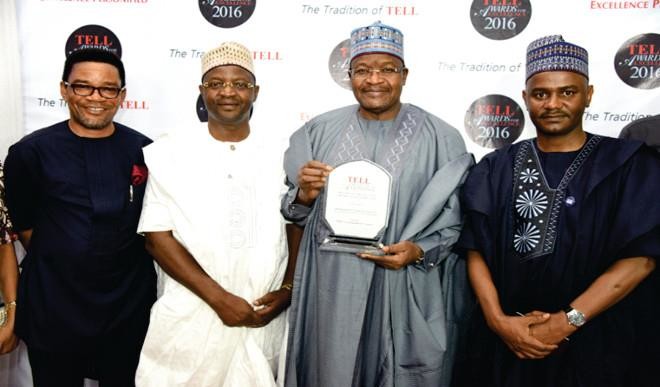Redefining quality of relationship with Academia
What has changed? A rebooting of the entire process, an expansion in scope of relationship and activities, and heightened challenge and expectations from the Academia. You can see this morning that the representatives of the industry are here. It is vital that they are part of this dialogue so that they can confront the Academia […]


What has changed? A rebooting of the entire process, an expansion in scope of relationship and activities, and heightened challenge and expectations from the Academia. You can see this morning that the representatives of the industry are here. It is vital that they are part of this dialogue so that they can confront the Academia directly with their demand list. This tripartite relationship has to be created to enrich the new telecoms ecosystem in terms of ideas, knowledge acquisition and practical commitment to resolving problems of the industry.
Framed to handle this relationship is the Research and Development Department of the Commission which, apart from undertaking and coordinating telecoms-based researches from tertiary institutions that have the potential of growing the industry, will in the main, create a new domain of interactions between the Academia and the industry and between the Academia and International Telecommunications bodies like the ITU, the GSMA and CTO. We are so confident of the integrity of knowledge resident in our tertiary institutions that we have taken it as a responsibility at the Commission to facilitate reliable access route for our Academics to contribute to the knowledge base of these bodies and also to benefit from the contributions of others.
While this Forum is created for the various stakeholders to discuss how we can best meet the needs and expectations of each other, let me quickly point out some of the responsibilities of the R&D Department which include but not limited to the following:
•Create an interactive platform for stakeholder engagement on telecom-bases research to develop the telecoms industry.
•Review research proposals from the Academia and work with the inter-agency committee to choose research proposals that have the potential to develop the industry.
•Promote partnership with the Academia in the area of telecom-based research to develop the telecoms industry.
•Encourage interaction between the organized private sector, specialized institutions and the Academia to promote telecoms-based research from proof of concept to proto-type, reversed-engineering and direct private sector investment for commercial production.
•Conduct research on emerging technologies.
For us this new level of relationship will result in the following advantages:
•Create better industry and Academia relationship and consequently create higher level of research output that can benefit the industry.
•Create a platform that can facilitate easier access to research funds
•Encourage Academia to participate in ITU Study Groups and be able to share ideas with colleagues from different parts of the world, contribute to ITU proceedings and have access to ITU rich documents.
•Encourage Academia to be members of the ITU and have access to ITU resources and events.
•Benefit from networking opportunities with most of the world’s major ICT companies (ITU sector members).
•Expose Academia to a more standards-oriented culture that is based on a solid, global, open and transparent, consensus-driven environment.
•Create a platform where relevant stakeholders can collaborate to endow Telecom Chairs in Academia
•Create intra and inter campus booth camps and competitions that can excite creative but competitive ideas among students who are the owners of tomorrow’s technology.
